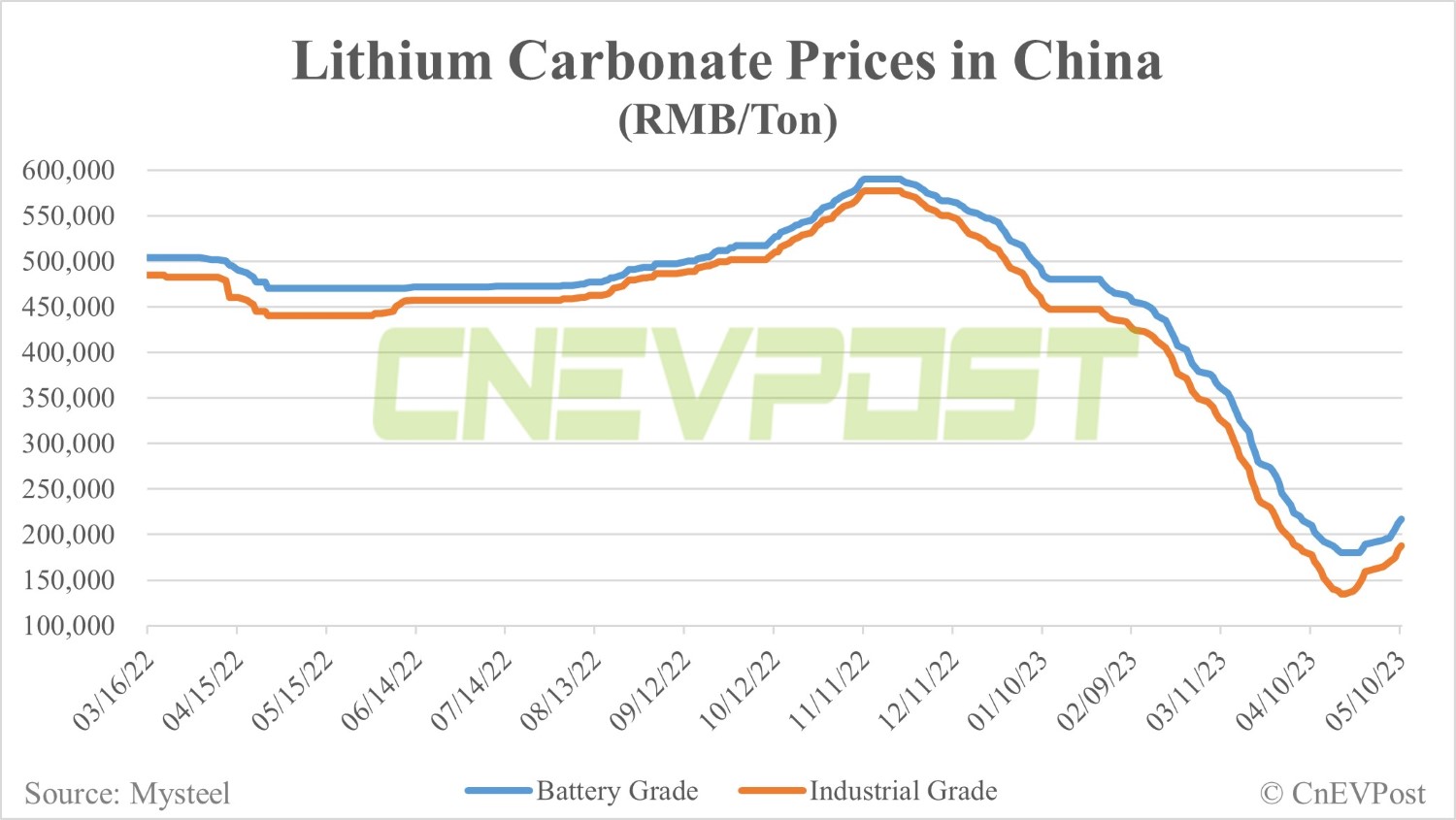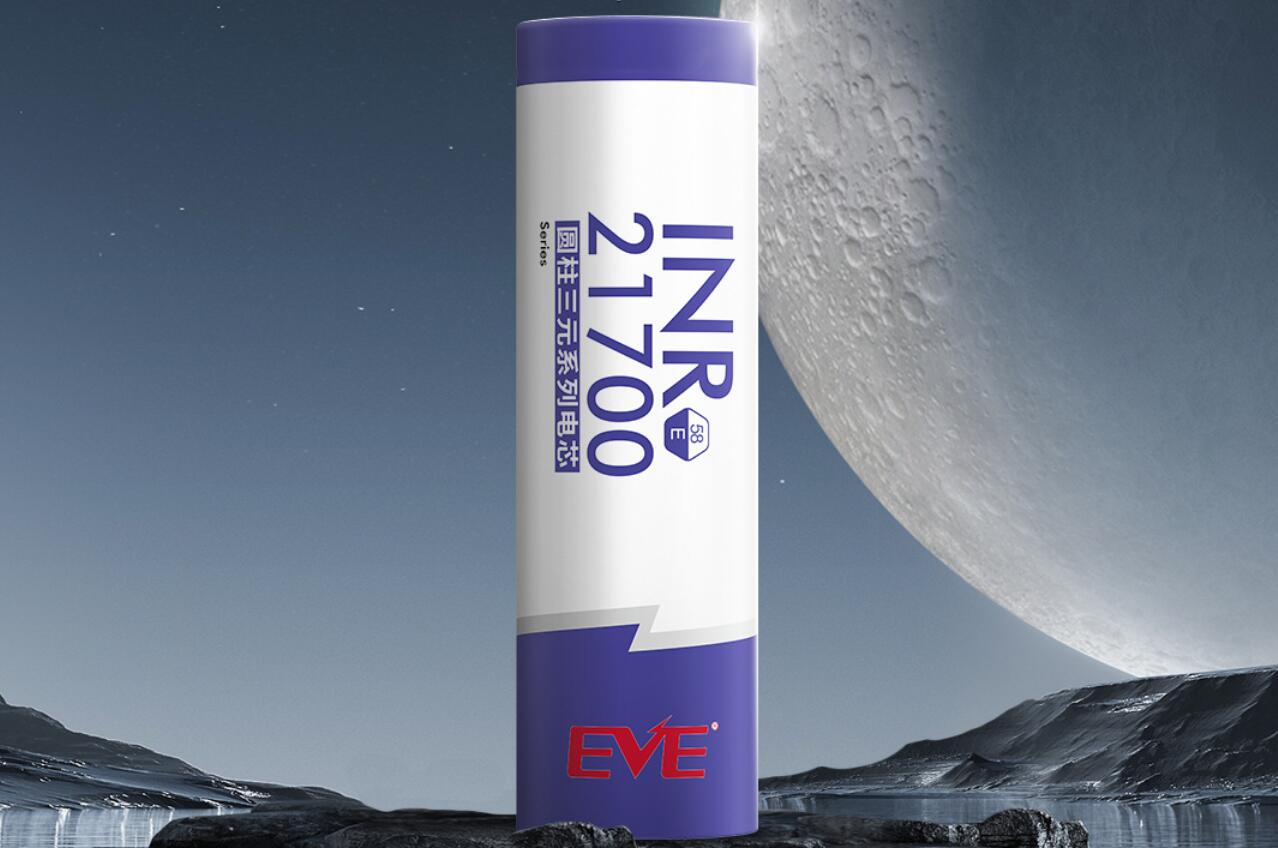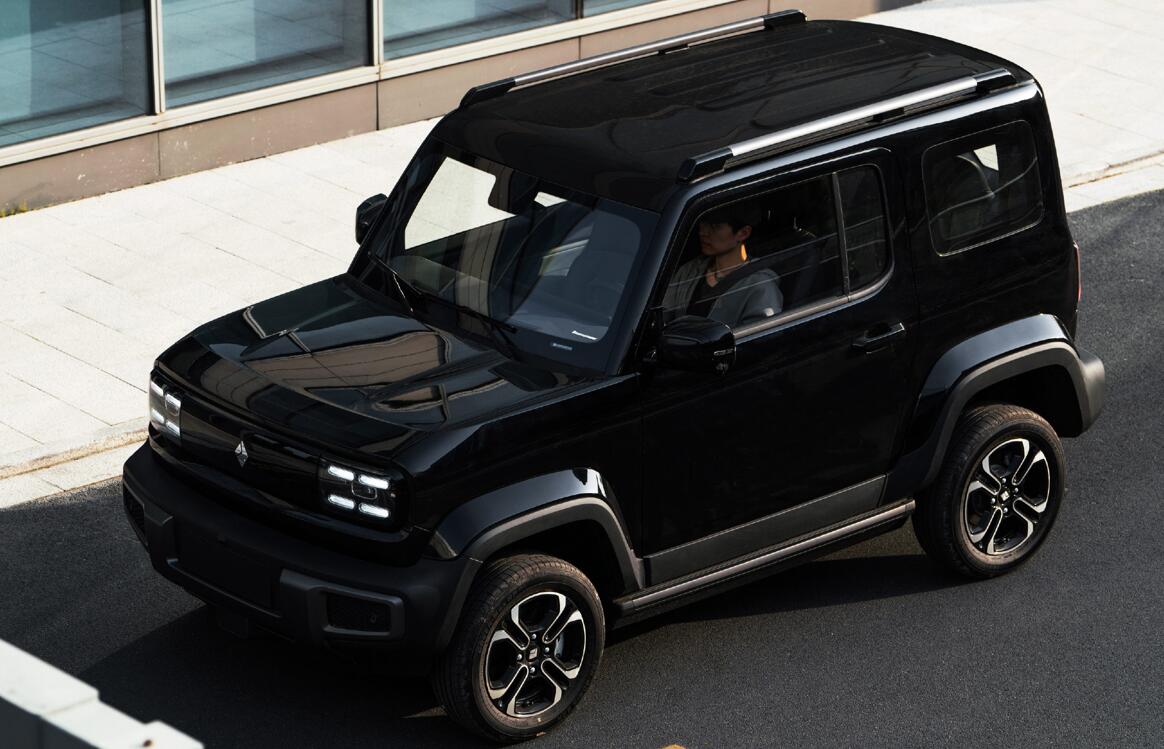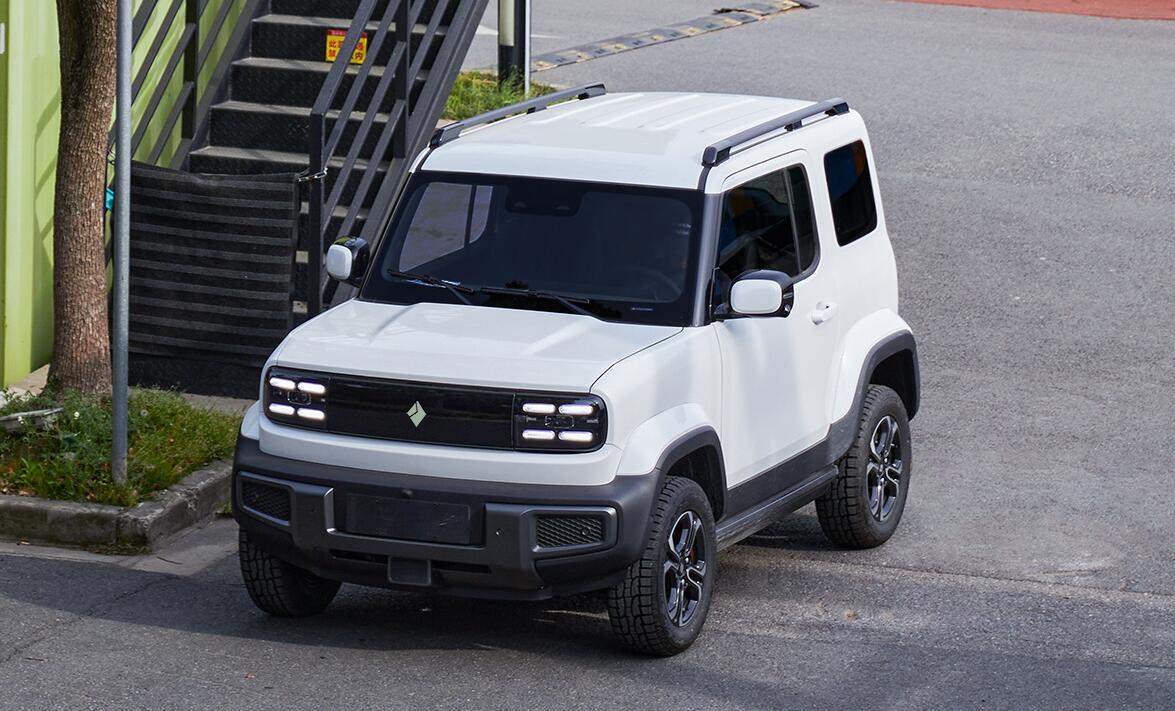Irrational promotions in China's auto market since March have led to consumer wait-and-see, so auto consumption is still in a slow recovery process, the CAAM said.

China's new energy vehicle (NEV) sales in April were 636,000 units, up 112.71 percent year-on-year, but down 2.6 percent from March, according to data released today by the China Association of Automobile Manufacturers (CAAM).
The CAAM's data are wholesale sales for automakers, where NEVs include battery electric vehicles (BEVs), plug-in hybrids (PHEVs) and fuel cell vehicles.
China sold 471,000 BEVs in April, up 103.7 percent year-on-year but down 3.9 percent from March.

PHEV sales were 165,000 units, up 144.5 percent year-on-year. Sales of fuel cell vehicles were 300 units, up 222.3 percent year-on-year.
All vehicle sales in China were 2.159 million units in April, up 82.7 percent year-on-year but down 11.9 percent from March.

This means that China's NEVs had a penetration rate of 29.5 percent in April, up from 26.6 percent in March.

Production of NEVs in China was 640,000 units in April, up 110 percent year-on-year, but down 5 percent from 674,000 units in March.
Production of all vehicles in China was 2.133 million units in April, up 76.8 percent year-on-year and 17.5 percent lower than in March.
China's auto production and sales saw a significant year-on-year increase in April, but this was mainly due to a low base in the same month last year, the CAAM noted.
Irrational promotions in the Chinese auto market since March have led to consumer wait-and-see, so auto consumption is still in a slow recovery process, the CAAM said.
In addition, production and sales in China's auto industry fell in April compared to March amid adverse factors including a slower-than-expected recovery in the commercial vehicle industry, according to the CAAM.
With the current downward pressure on China's economy increasing and aggregate demand still insufficient, the stable operation of the auto industry needs the support of effective policies, the CAAM said.
In April, exports of vehicles from China were 376,000 units, up 170 percent from a year earlier up and 3.3 percent from March.
Among them, the export volume of NEVs was 100,000 units, up 840 percent year-on-year, down 28.6 percent from March.
In January-April, China's auto sales were 8.235 million units, up 7.1 percent from a year earlier.
NEVs sold 2.222 million units in January-April, up 42.8 percent year-on-year, with a market share of 27 percent.
The post China NEV sales down 2.6% MoM to 636,000 in April, CAAM data show appeared first on CnEVPost.
For more articles, please visit CnEVPost.































